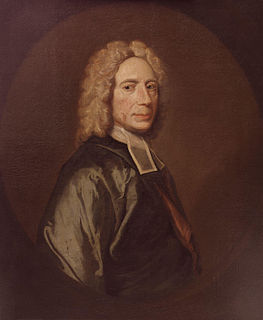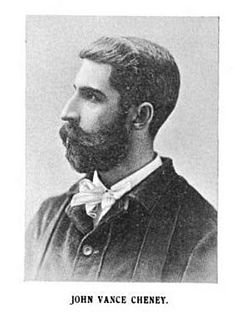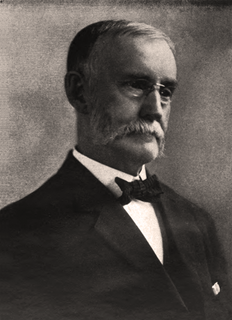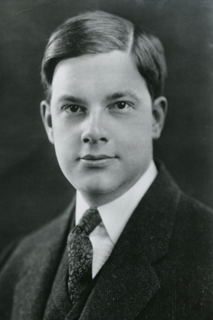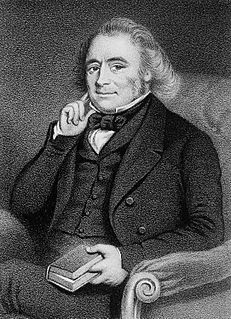A Quote by Isaac Watts
Sweet is the day of sacred rest;
No mortal cares shall seize my breast;
O may my heart in tune be found
Like David's harp of solemn sound.
Related Quotes
A verse of Scripture in the morning, may become a blessing for all the day. It may sing in the heart as a sweet song, from morning until evening. It may become a liturgy of prayer in which the soul shall voice its deepest needs and hungers-amid toils, struggles, and cares. It may be a guide through perplexing tangles, Gods voice whispering cheer, a comforter breathing peace in sorrow.
Like sheaves of corn it gathers you unto itself. It threshes you to make you naked. It sifts you to free you from your husks. It grinds you to whiteness. It kneads you until you are pliant. And then it assigns you to its sacred fire, that you may become sacred bread for God's sacred feast. All these things shall love do unto you that you may know the secrets of your heart, and in that knowledge become a fragment of Life's Heart.
How clear, how lovely bright, How beautiful to sight Those beams of morning play; How heaven laughs out with glee Where, like a bird set free, Up from the eastern sea Soars the delightful day. To-day I shall be strong, No more shall yield to wrong, Shall squander life no more; Days lost, I know not how, I shall retrieve them now; Now I shall keep the vow I never kept before. Ensanguining the skies How heavily it dies Into the west away; Past touch and sight and sound Not further to be found, How hopeless under ground Falls the remorseful day.
In the hours of distress and misery, the eyes of every mortal turn to friendship; in the hours of gladness and conviviality, what is our want? It is friendship. When the heart overflows with gratitude, or with any other sweet or sacred sentiment, what is the word to which it would give utterance? A friend.
For sudden the worst turns the best to the brave, The black minute's at end, And the elements' rage, the fiend voices that rave, Shall dwindle, shall blend, Shall change, shall become first a peace out of pain, Then a light, then thy breast, O thou soul of my soul! I shall clasp thee again, And with God be the rest!
I think that I shall never see A poem lovely as a tree. A tree whose hungry mouth is pressed Against the earth's sweet flowing breast; A tree that looks at God all day And lifts her leafy arms to pray; A tree that may in summer wear A nest of robins in her hair; Upon whose bosom snow has lain; Who intimately lives with rain. Poems are made by fools like me, But only God can make a tree.
